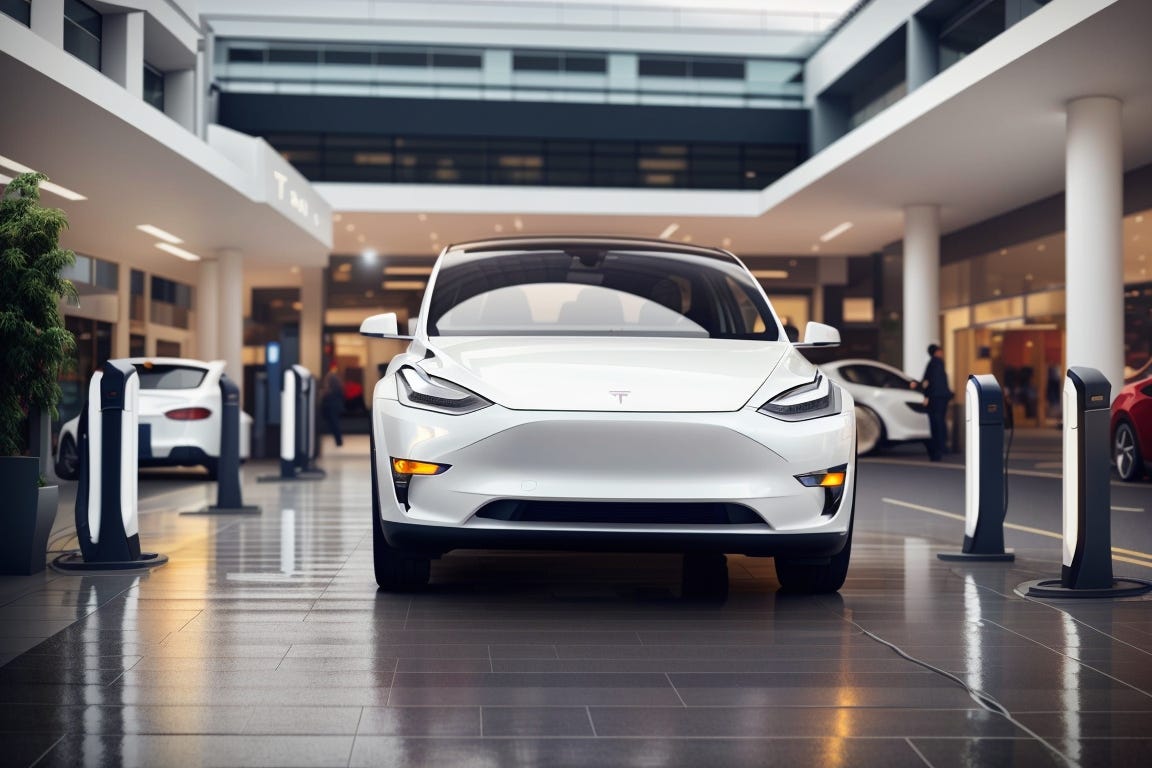Tesla's Data Play: What Opening Its Charging Network Means for UK Drivers
Tesla is opening its vast Supercharger network to other EVs in a deal with Ford and GM. But does the data Tesla could access on rival vehicles point to strategic motivations?
Tesla recently announced deals with rival carmakers Ford and GM to open its vast North American charging network for public use. On the surface, this looks like a win for any electric vehicle (EV) driver looking to access Tesla's ultra-fast chargers. But could there be more to it than meets the eye?
As a Tesla driver plugs in at one of these stations, their vehicle communicates digitally with the charger. This provides Tesla access to troves of useful data beyond just billing information - from real-time battery diagnostics to driving patterns and usage. Now Tesla may gain similar insider knowledge about competitors' EVs as well.
What Could This Mean for UK Drivers?
For British EV owners, the prospect of using Tesla chargers offers more charging flexibility when out and about. But it is unclear whether drivers of non-Tesla electric cars in the UK will have to pay more per kilowatt hour, as has occurred in some other markets where Tesla has opened its charging network.
There are also concerns over data privacy. Tesla admitting rival EVs could allow it to collect technical performance information on competitors' vehicles. Are UK consumers comfortable having their cars' data freely shared when they charge up?
How Could Tesla Use This EV Data?
Industry experts speculate that Tesla could leverage these electric vehicle insights to improve its own designs and software, like battery range and self-driving capability. The goldmine of data could aid Tesla in dominating the EV space worldwide.
Another suggested use is around electricity load balancing. Understanding real-world EV charging patterns from a massive fleet of cars could let Tesla optimise power demands on the grid. This may ultimately allow it to become a major player in energy distribution.
The Need for Regulation
As the lines blur between tech firms and automakers, urgent questions arise for regulators on matters like data rights. Should drivers own their vehicles' data, and have a say in how it's utilised? As Elon Musk aggressively expands his empire, authorities must grapple with protecting UK consumers in our increasingly digital world.
The opening of Tesla's network poses positives but also highlights pressing data unknowns. Drivers deserve transparency on how their personal information is used. Only through an honest dialogue and smart regulations can the benefits of technological shifts be safely realised.







